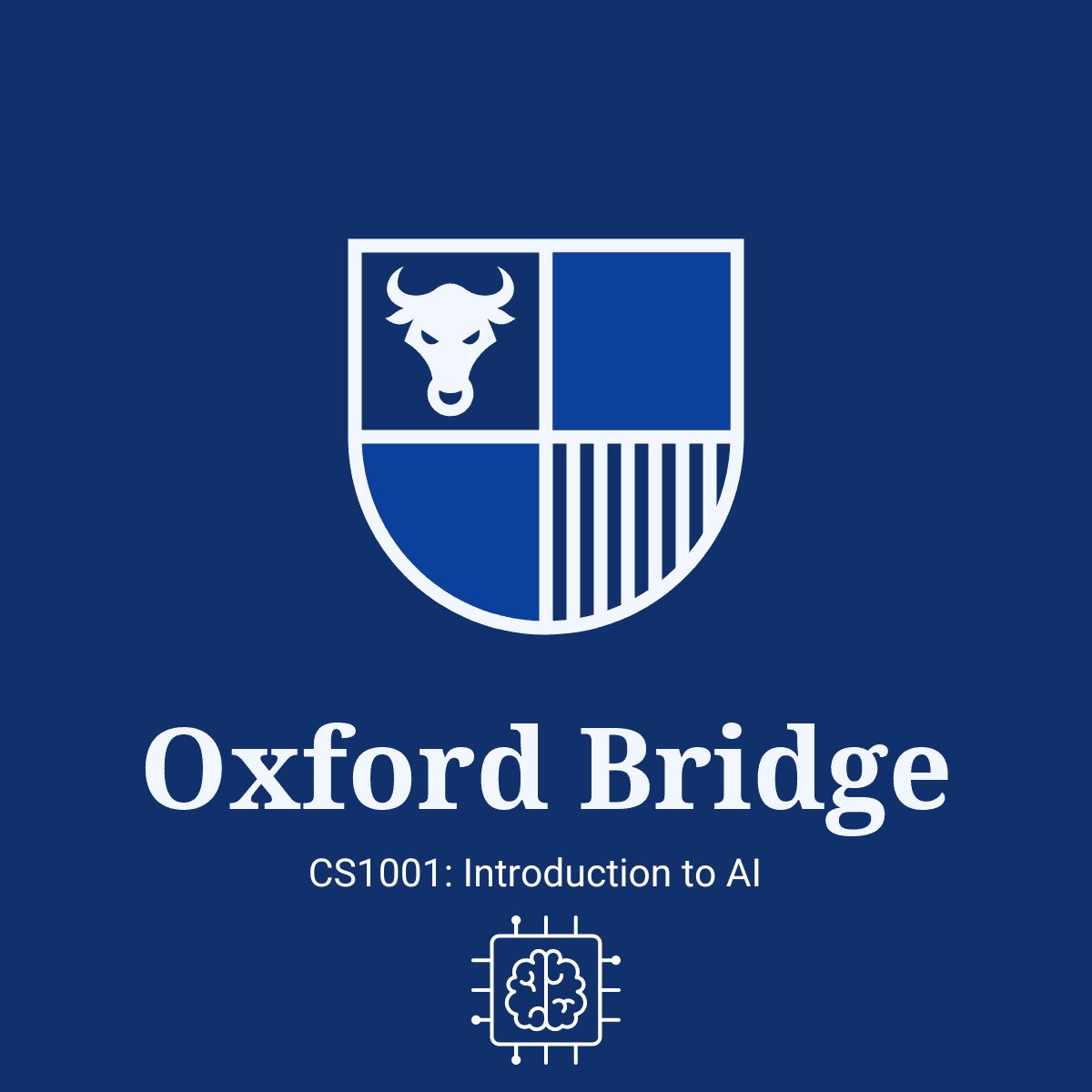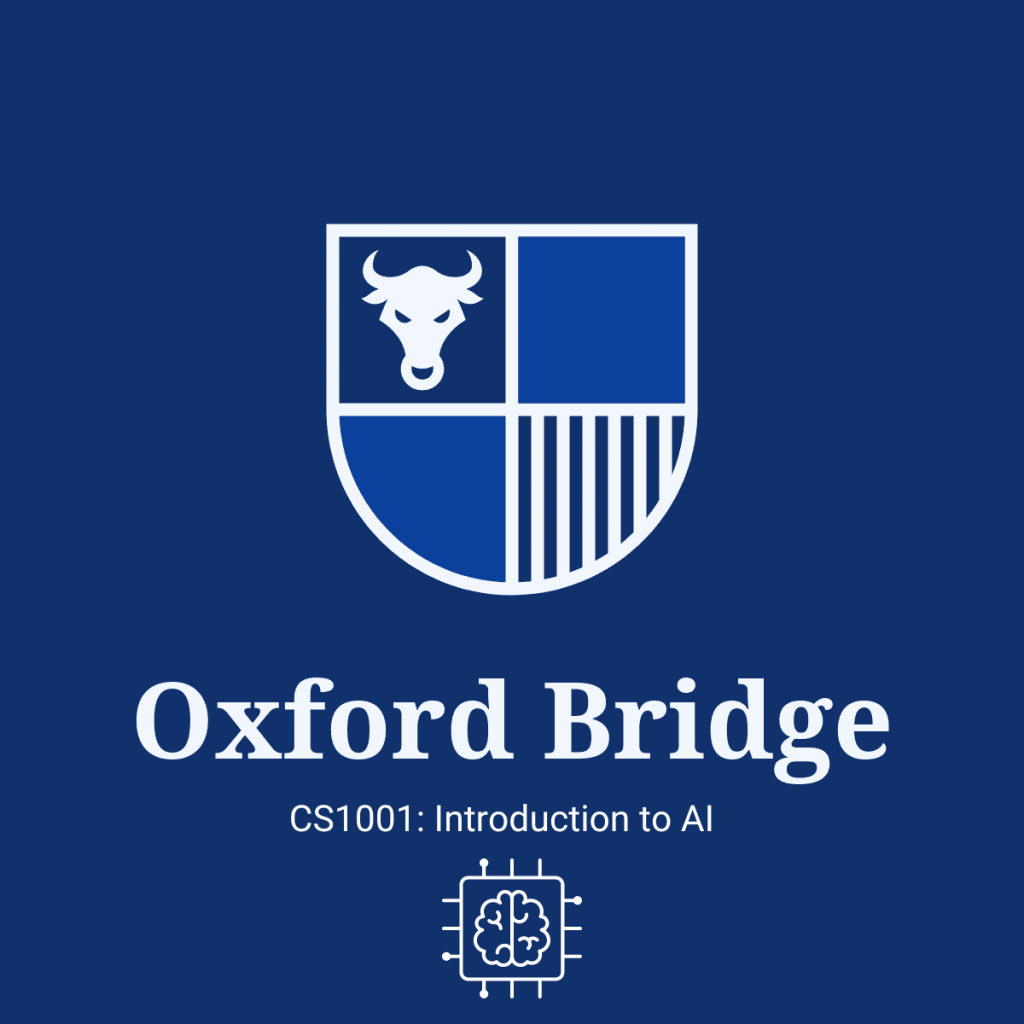Introduction to AI
Introduction to AI

About Course
In this course, you will learn the basics of artificial intelligence, including machine learning, natural language processing, computer vision, and robotics. You will also discuss the ethical implications of artificial intelligence. This course uses a combination of text and video where appropriate to help students learn effectively.
Key Highlights:
✓ Learn the basics of artificial intelligence
✓ Text & Video throughout
✓ Understand how artificial intelligence can be used in different industries
✓ Explore the ethical implications of artificial intelligence
✓ Get a certificate of completion (£10 Fee)

Course Content
Module 1: AI Definition
-
What is Artificial Intelligence?
-
Can a computer pass for a human?




